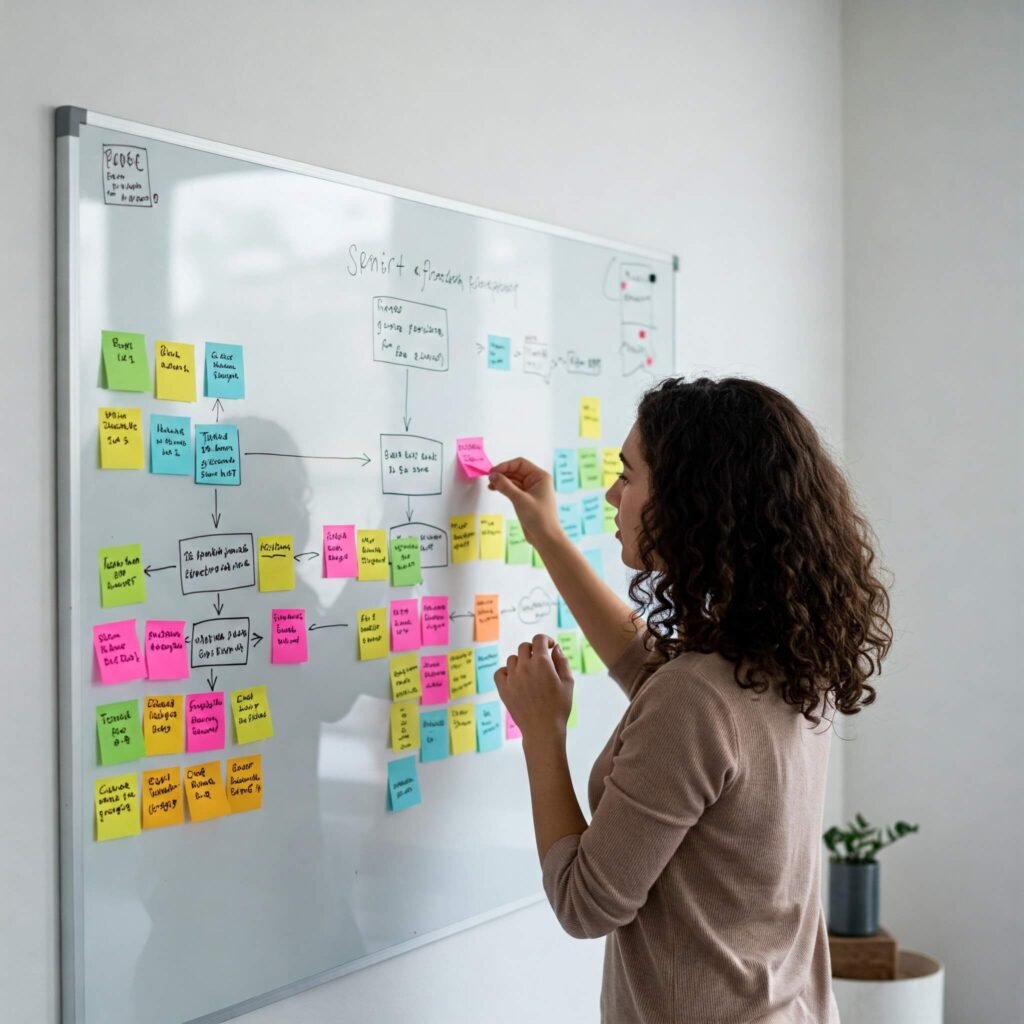Learning strategies are the cornerstone of mastering any new skill, whether it’s coding, cooking, or public speaking. In a fast-paced world, effective learning techniques can accelerate your progress and boost confidence. This blog dives into the best learning strategies to help you conquer new skills with ease, backed by science and real-world examples.
Why Learning Strategies Matter
Effective learning strategies save time and reduce frustration. Research shows that deliberate practice, combined with structured techniques, can cut learning time by up to 50% (Ericsson, 1993). Whether you’re a student, professional, or hobbyist, these methods ensure you learn smarter, not harder.

Top Learning Strategies for Skill Mastery
1. Set Clear, Specific Goals
Vague goals like “learn guitar” lead to procrastination. Instead, aim for “play three chords by next week.” Specific goals create focus and trackable progress. For example, Sarah, a graphic designer, set a goal to master Adobe Photoshop’s pen tool in two weeks. By breaking it into daily tasks, she achieved fluency faster.
- Tip: Use the SMART framework (Specific, Measurable, Achievable, Relevant, Time-bound).
- Tool: Try apps like Trello for goal tracking (Trello).
2. Embrace Active Learning
Passive reading or watching tutorials isn’t enough. Active learning—practicing, teaching, or testing yourself—boosts retention by 70% (Karpicke, 2011). For instance, when learning Spanish, quiz yourself on vocabulary daily or teach a friend.
- Techniques: Flashcards, role-playing, or group discussions.
- Resource: Use Anki for spaced repetition (Anki).

3. Use the Feynman Technique
The Feynman Technique simplifies complex concepts by explaining them in plain language, as if teaching a child. This method exposes knowledge gaps and reinforces understanding. For example, a programmer learning algorithms can explain binary search to a friend to solidify their grasp.
- Steps:
- Choose a concept.
- Explain it simply.
- Identify gaps and review.
- Benefit: Improves clarity and retention.
4. Practice Deliberately
Deliberate practice focuses on weak areas with intense concentration. A 2014 study found that top performers practice specific skills for 10,000 hours to achieve mastery (Ericsson, 2014). For example, a pianist might drill a tricky passage repeatedly instead of playing familiar tunes.
- How-to: Identify weaknesses, seek feedback, and iterate.
- Example: Use a coach or mentor for targeted advice.
Overcoming Common Learning Challenges
Managing Overwhelm
New skills can feel daunting. Break tasks into small chunks to stay motivated. For instance, when learning photography, focus on mastering aperture before tackling lighting.
- Strategy: Use the Pomodoro Technique (25-minute work sessions).
- Tool: Try Focus@Will for productivity (Focus@Will).

Staying Consistent
Consistency trumps intensity. Daily practice, even for 20 minutes, outperforms sporadic marathons. A 2020 study showed that regular micro-learning improves retention by 20% (Journal of Applied Psychology).
- Tip: Schedule learning sessions in your calendar.
- Example: Duolingo users who practice daily progress faster (Duolingo).
Actionable Takeaways for Mastering Skills
- Start small: Focus on one skill at a time.
- Track progress: Use journals or apps to monitor growth.
- Seek feedback: Join communities like Reddit’s r/learnprogramming (Reddit) Spaced Repetition (APA).
- Stay patient: Skill mastery takes time but compounds.






































